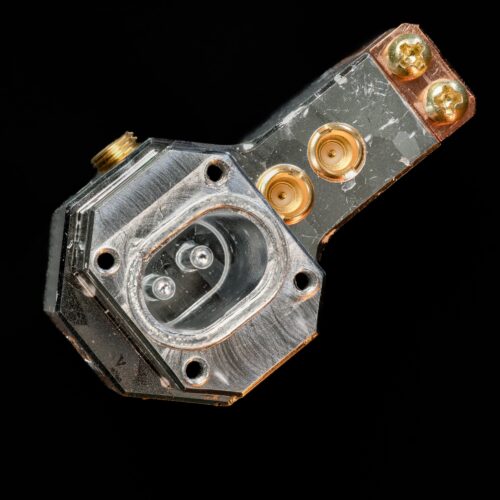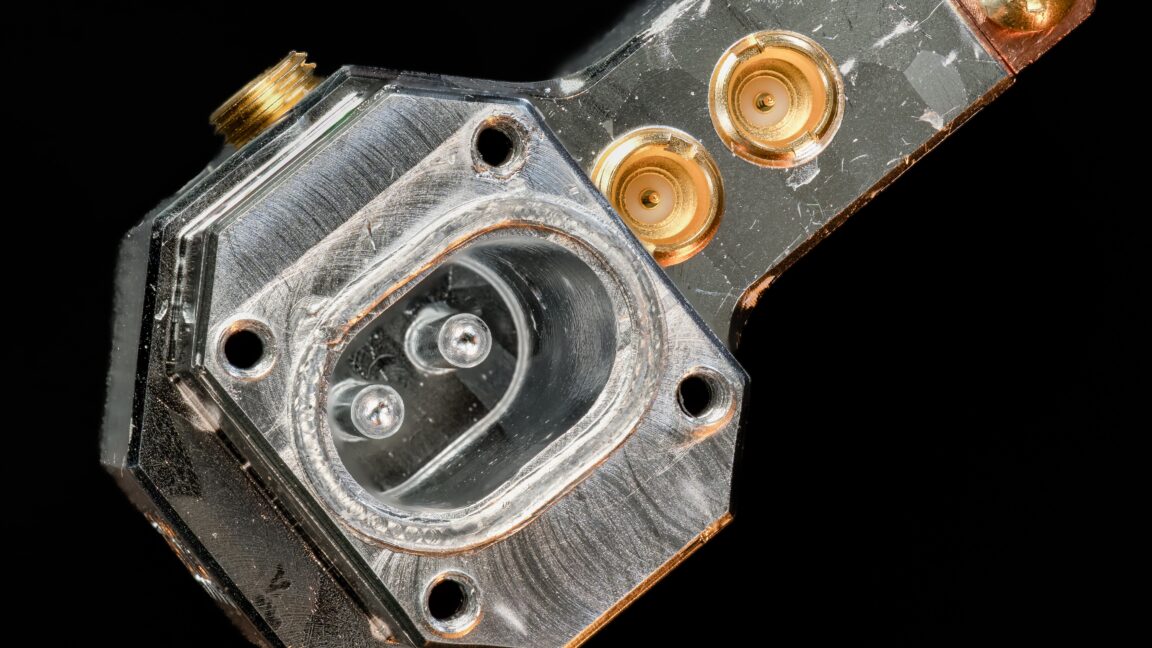Startup puts a logical qubit in a single piece of hardware
Everyone in quantum computing agrees that error correction will be the key to doing a broad range of useful calculations. But early every company in the field seems to have a different vision of how best to get there. Almost all of their plans share a key feature: some variation on logical qubits built by linking together multiple hardware qubits.
A key exception is Nord Quantique, which aims to dramatically cut the amount of hardware needed to support an error-corrected quantum computer. It does this by putting enough quantum states into a single piece of hardware, allowing each of those pieces to hold an error-corrected qubit. Last week, the company shared results showing that it could make hardware that used photons at two different frequencies to successfully identify every case where a logical qubit lost its state.
That still doesn't provide complete error correction, and they didn't use the logical qubit to perform operations. But it's an important validation of the company's approach.


© Nord Quantique


